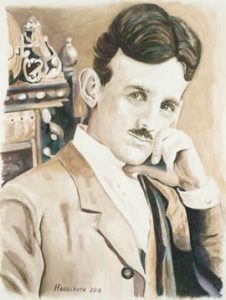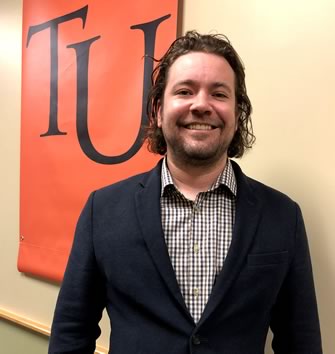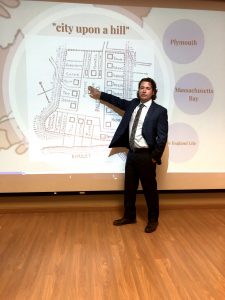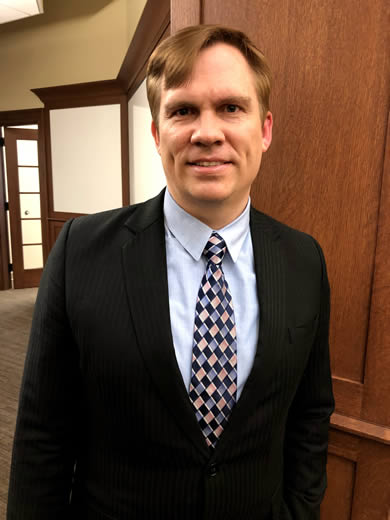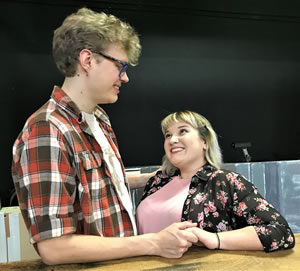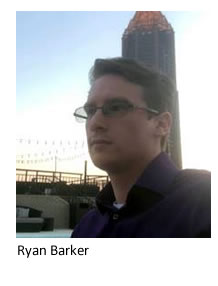
A Tusculum alumnus who earned bachelor’s degrees in history and English from Tusculum in 2015 is now distinguishing himself in graduate school.
 Ryan Barker, who is seeking a doctorate in history from Purdue University, was recently named the inaugural winner of the Southern Association for the History of Medicine and Science’s Robert Nesbit Award for Best Graduate Student Paper. According to the Purdue History Department, Barker delivered his prize-winning paper, “Terra Australis Jam Cognita: Matthew Flinders and Exploration’s Constructed Environment,” at SAHMS’s annual conference.
Ryan Barker, who is seeking a doctorate in history from Purdue University, was recently named the inaugural winner of the Southern Association for the History of Medicine and Science’s Robert Nesbit Award for Best Graduate Student Paper. According to the Purdue History Department, Barker delivered his prize-winning paper, “Terra Australis Jam Cognita: Matthew Flinders and Exploration’s Constructed Environment,” at SAHMS’s annual conference.
Barker also wrote a review for this month’s Journal for the Southern Association of the History of Medicine and Science about the book “Merchants of Medicines: The Commerce and Coercion of Health in Britain’s Long Eighteenth Century” by Zachary Dorner. You can read the review here.
During his time at Tusculum, Barker was a recipient of the Bruce G. Batts Award: History Honor Key: and an English, creative writing concentration, Honor Key. He was also a member of honors societies and the Student Government Association. In addition, he wrote and edited news release pertaining to the Tusculum Review, the university’s in-house international literary journal. He interned at the Office of Institutional Advancement and Museums of Tusculum.
We congratulate Barker on his achievements and wish him well as he completes his work on his doctorate!



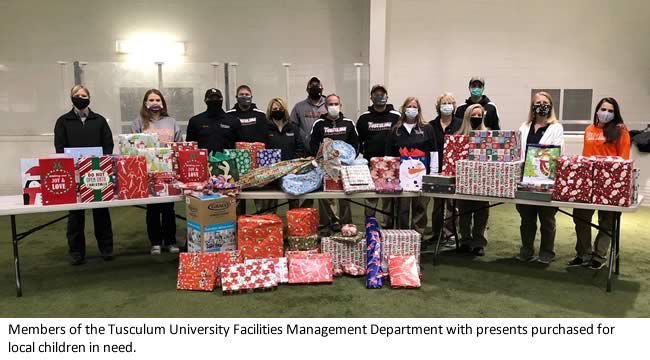
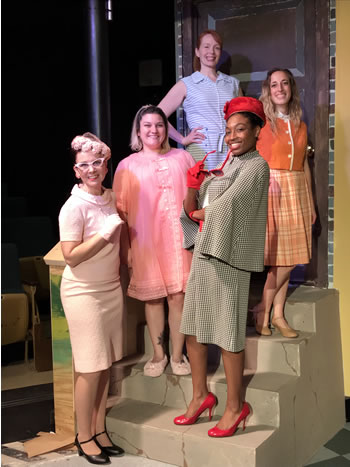
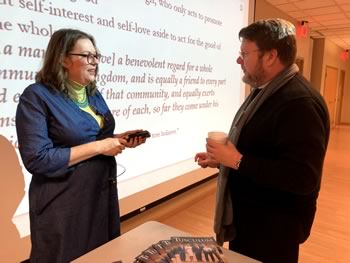
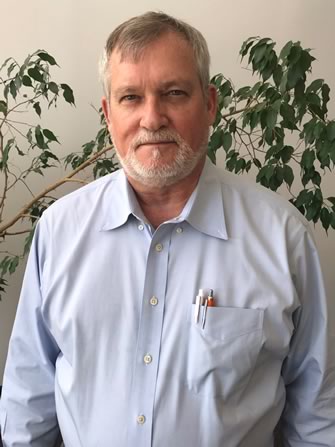
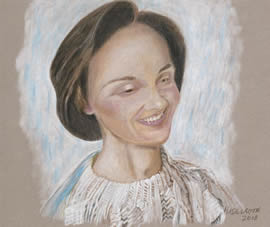 The exhibit will kick off Thursday, Feb. 21, with a free, public reception from 5-7 p.m. in the Clem Allison Gallery in the Shulman Center. The portraits will remain available for viewing in the gallery until Thursday, March 7.
The exhibit will kick off Thursday, Feb. 21, with a free, public reception from 5-7 p.m. in the Clem Allison Gallery in the Shulman Center. The portraits will remain available for viewing in the gallery until Thursday, March 7.